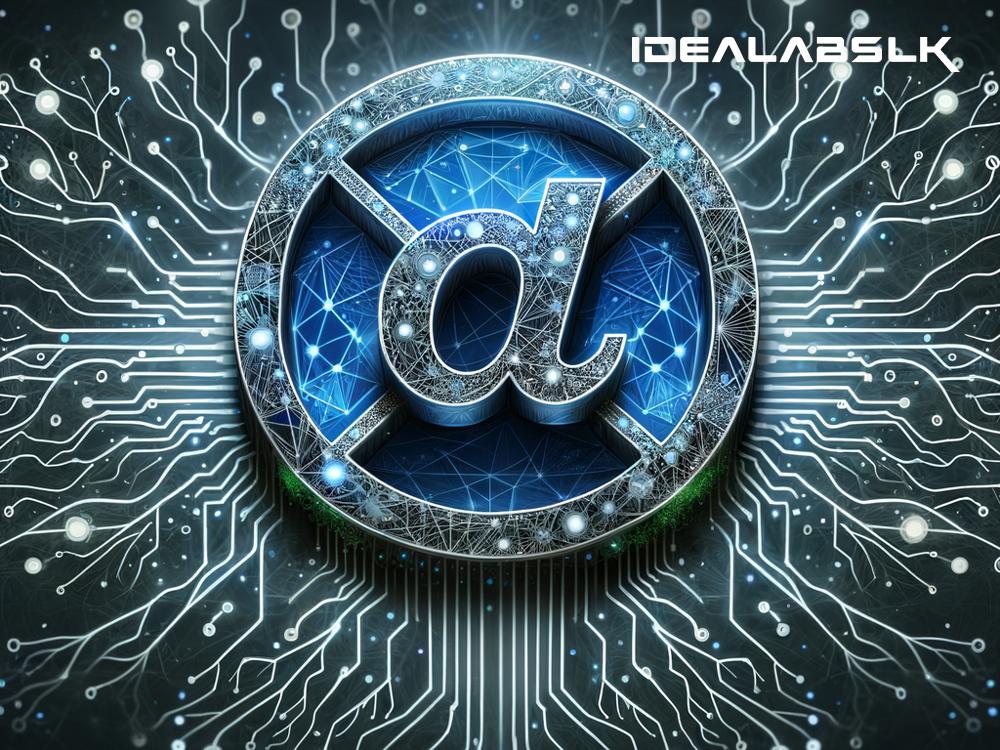How Machine Learning is Changing the Game for Targeted Email Campaigns
In today’s fast-paced digital world, email remains a powerful tool for connecting with customers. But, with inboxes getting crowded, standing out has never been more challenging. This is where machine learning steps in, transforming targeted email campaigns into something much more personal and effective. Let’s break down this complex-sounding topic into bite-sized, understandable pieces.
What is Machine Learning?
At its heart, machine learning is a type of artificial intelligence (AI) that allows software applications to become more accurate at predicting outcomes without being explicitly programmed to do so. It learns from past data, identifies patterns, and makes decisions. Think of it like teaching a child to catch a ball; over time, they learn from every throw and get better at predicting where the ball will land.
The Transformation in Email Campaigns
Before the era of machine learning, email campaigns were somewhat like shooting arrows in the dark, hoping to hit the bullseye. Marketers blasted the same email to all subscribers, regardless of their differences. Now, with machine learning, these campaigns are more like a guided missile, adjusting its course in real time to hit its target.
1. Hyper-Personalization
One of the standout features machine learning brings to the table is hyper-personalization. This means beyond just addressing a recipient by their first name. Machine learning analyzes tons of data points – from past purchase history to website browsing behavior – to tailor emails specifically to an individual’s preferences and habits. Suddenly, your email about the latest hiking gear is only sent to those who actually enjoy hiking, massively increasing your chances of making a sale.
2. Predictive Analytics
Ever wonder how some emails seem to read your mind, offering exactly what you need before you even realize you need it? That’s predictive analytics at work, another gift from machine learning. By analyzing past behaviors and other factors, it can predict future actions. Online stores use this to remind customers when they’re likely to need a refill of a product or to recommend products that they’re likely to be interested in.
3. Optimized Send Times
Not everyone checks their emails at the same time. Some might skim through their inbox first thing in the morning, while others only do so before bed. Machine learning algorithms can identify when each recipient is most likely to open their emails, ensuring your message doesn’t get buried under others.
4. A/B Testing on Steroids
A/B testing, comparing two versions of something to see which one performs better, has been around for a while. However, machine learning accelerates this process, allowing for real-time adjustments and enabling marketers to test multiple variables simultaneously. This means campaigns can be continuously refined and optimized for better results.
5. Automated Content Creation
Creating content for emails is not only time-consuming but also requires a level of creativity that can be hard to maintain consistently. Machine learning can help generate email content tailored to the individual preferences and behaviors of each recipient, making each communication feel personal and engaging.
The Implications of Machine Learning in Email Marketing
The transformation brought by machine learning to targeted email campaigns is profound. Marketers can now engage with their audience in a more meaningful way, delivering content that resonates personally with each recipient. This not only enhances the customer experience but also significantly boosts conversion rates and ROI.
However, it’s important for companies to use these powerful tools responsibly, ensuring personal data is handled with respect and in compliance with privacy laws such as GDPR. Transparency about data use and giving customers control over their information will be key in maintaining trust.
In Conclusion
Machine learning is not just a buzzword; it’s a game-changer for email marketing. By making targeted email campaigns smarter and more personalized, it’s helping businesses connect with their customers in more meaningful ways. As machine learning technology continues to evolve, we can only expect these interactions to become more sophisticated and effective. So, the next time an email pops up in your inbox with a perfectly timed offer or suggestion, know that it’s machine learning working its magic.

